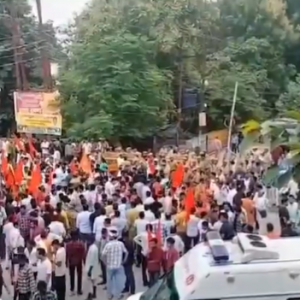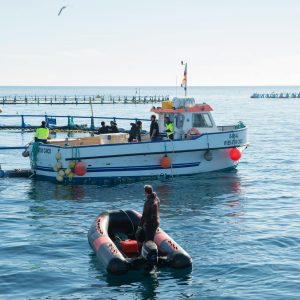Canada’s temporary foreign worker programs ‘breeding ground’ for slavery: UN expert
– ‘I am deeply disturbed by accounts of exploitation, abuse shared with me by migrant workers,’ says Tomoya Obokata
GENEVA (AA) – Canada’s temporary foreign worker programs are “a breeding ground” for modern forms of slavery, a UN expert said on Wednesday.
In a statement after his 14-day visit to Canada, Tomoya Obokata, the UN special rapporteur on contemporary forms of slavery, urged the North American country to do more to protect workers and provide a clear path to permanent residency for all migrants.
“I am deeply disturbed by the accounts of exploitation and abuse shared with me by migrant workers,” Obokata said. “Employer-specific work permit regimes, including certain Temporary Foreign Worker Programmes, make migrant workers vulnerable to contemporary forms of slavery, as they cannot report abuses without fear of deportation.”
“Canada must offer a clear pathway to permanent residencies for all migrants, to prevent the recurrence of abuses,” he said.
Obokata noted that Canada had enacted several policies in recent years, including Canadian Ombudsperson for Responsible Enterprise (CORE), to encourage Canadian businesses to protect human rights. However, he stressed that more needs to be done to address modern slavery.
“While these are important steps, clear monitoring frameworks need to be in place, and Canada must do more to implement these measures to address modern slavery, by protecting workers’ rights and tackling discrimination that enables exploitation,” he said.
He urged the Canadian government to bring forward legislation requiring Canadian companies to implement mandatory human rights due diligence, and expand the independence, powers, and mandate of the CORE.
During his visit, Obokata observed that the communities at highest risk of modern slavery and exploitation were those who were already facing structural discrimination and violence, according to the statement.
These included people with precarious immigration status, Indigenous peoples, those with disabilities, individuals of African descent, people with previous incarceration experience, and rough sleepers.







